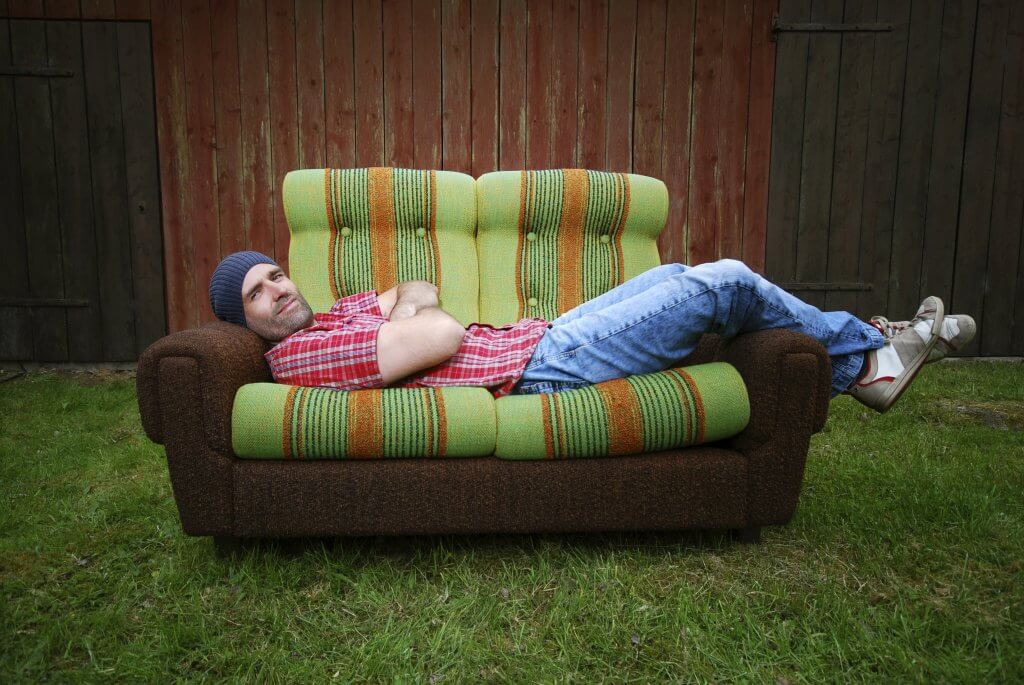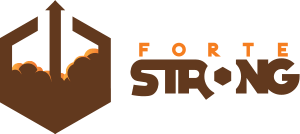
Self-reliance means freedom for yourself as an individual and freedom for others. It frees you from dependency on others and in turn frees them from the burden of having to look after you. Self-reliance builds confident, resilient, independent and productive members of society but in today’s world of instant everything, from messaging to puddings, pain relief and gratification, it is an endangered species.
Why? Because self-reliance comes at a cost and it is one that both parents and educators alike seem unwilling to let the young pay. That cost involves risk and failing. Helen Keller said, “Character cannot be developed in ease and quiet. Only through experience of trial and suffering can the soul be strengthened, vision cleared, ambition inspired, and success achieved.”
Parenting is a second career
Parenting has taken on a whole new meaning in the past few decades. Instead of having a career and children, some parents have built a second career around their children. These parents hold themselves responsible for the success or failure of their children and in the process, have robbed them of any accountability and its natural by-product self-reliance. They put their kids in the center of their lives, do their homework for them, fight their battles for them, rescue them from every difficulty, give them whatever material goods they want, and some even accompany them to graduate school interviews. The parents of many Millennials want to bubble wrap their children so they won’t have to suffer the same hardships as they did, like walking 20 miles to school in the snow, uphill, both ways.
Most of these parents are well-meaning, trying to give their children what they never had or whatever they perceived they lacked in their own childhoods. They are trying to create the perfect formula for success and curate the perfect child. Unfortunately, they don’t recognize the fact that while hardship is unpleasant, it is in fact, valuable. The route to achievement is often via hardship, not in spite of it. Self-made billionaire and founder of Oracle, Larry Ellison, sums it up when he says, “I have had all of the disadvantages required for success.” Ellison never met his biological father and his adoptive one frequently insisted he would never amount to anything. He grew up on the South Side of Chicago in a lower middle class Jewish ghetto, dropped out of college twice and taught himself programming. He had none of the advantages of status, money or doting parents, yet he is the third richest man in the US.
Rock-solid foundation of failure
JK Rowling was poor and a divorced single mother who built her success upon the rock-solid foundation of failure. She talks about the benefit of failure as: “a stripping away of the inessential”, which set her free from the fear of failure because it had already happened and it didn’t kill her. There was no other direction to go but up.
The importance of self-reliance and autonomy has been replaced with the altogether more fragile concept of building self-esteem. Nassim Nicholas Taleb, author of Antifragile, tells us, “This is the tragedy of modernity: as with neurotically overprotective parents, those trying to help are often hurting us the most.” He says we need “the right amount of stress and disorder”. Where indulgent parenting finishes off, education takes over because it teaches us to fear failure whilst rewarding mediocrity. Nobody wants to get zero on a test but we don’t learn anything from the wins, the path of least resistance or playing it safe.
The affluenza generation don’t do hard
It’s not difficult then to see why kids of the affluenza generation don’t know how to do hard anymore and why a significant percentage fail to launch. In The Vanishing American Adult, Ben Sasse decries how the word ‘adult’ has morphed into the verb ‘adulting’ as if it is something you can choose to do, or not, instead of something you become. He is also critical of how our society tends to wrap children in cotton wool to protect them and he suggests, “We should be running in exactly the opposite direction; we should be figuring out how to help build them a menu of really hard tasks to tackle. They need to know in their hearts and in their bones that suffering is not something to be avoided, but conquered.”
Taleb agrees. In an interview in Singapore, his advice was, “You have to make sure the next generation doesn’t get too comfortable. Don’t over-educate them. Push them harder. Don’t be too nice to the next generation. Progress comes before education. The causality is inverse. If you increase education in a country, you lower the progress. It inhibits risk taking.”
So there we have it. If we want the next generation to start acting like adults, we have to stop treating its members like delicate hot house flowers. We need to expect more of them, demand more of them and give in less to them and then they will surely rise to the occasion.
About The Author
Brook Price dedicated himself to helping others early in his life. He grew up in Sunny Orange County California, then joined the Marine Corps at the age of 21 serving five and half years as a helicopter crew chief and then as chief accountant. His journey with this type of work began when he volunteered as a Young Marines Instructor during his time in the Marines, helping kids get off the street, improve their lives and develop as a leader. After his tour Brook left the Marines to pursue a career in experiential therapy by attending Southern Utah University where he majored in outdoor recreation with a minor in psychology.
Brook has seventeen years experience working for a variety of different therapeutic and transitional programs across the nation. His thirst for knowledge drove him to learn and study successful therapeutic models and programs across the country, most notably Outward Bound. Brook has experience working with therapeutic, residential, military, wilderness and transitional programs for adults and adolescents.
